Isobel Pooley: British high jumper will miss Rio 2016 through injury
- Published
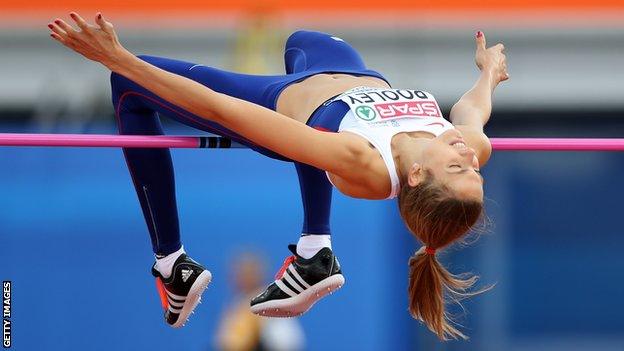
Isobel Pooley, hampered by injury, failed to qualify for the final at the European Championships
British high jump record holder and 2014 Commonwealth silver medallist Isobel Pooley has bowed out of the 2016 Rio Olympic selection process because of an ankle injury.
In her latest BBC Sport column, the 23-year-old opens up about the disappointment of missing out on her Olympic dream - but how the death of her older sister when she was a child helps keep things in perspective.
'A specialist said I'd be mad to compete'
As you might be aware, I have been dealing with an injury in the build up to Rio 2016 Olympic selection. Up until May 2016 it seemed almost certain I would be named on the team, since I had three qualifying standards and was confident of a top-two finish at the British Championships.
However, I experienced significant ankle pain during my first outdoor competition and, upon my return, scans revealed a stress response in my tibia. This was a major blow as the recovery time was estimated at three months - and this was three weeks before the British Championships, where I had hoped to secure automatic selection for the Games.
A top foot and ankle specialist (who knew such a thing existed?) plainly stated that I would be mad to compete, highlighting the risk of causing the injury to progress to a full-blown stress fracture which would involve a much longer recovery time and threaten my 2017 season as well as terminating the 2016 one.
I wasn't ready to give in though, and it was agreed that I would have another scan in three weeks to assess whether it was sensible to pursue my 2016 dreams any further. The follow-up images showed a marginal improvement but it was enough for me to take up my spot at the European Championships in Amsterdam, where I would bid for last-minute Rio selection. I was grateful and proud to have cleared this intermediate hurdle.
Regrettably, though, over the course of the qualifying round I was increasingly aware that my ankle wasn't functioning as it should and after the competition it was alarmingly sore and swollen. I hadn't qualified for the final and in any case there was no chance of being fit to compete any further at the championships.
'Anything can happen to anyone'
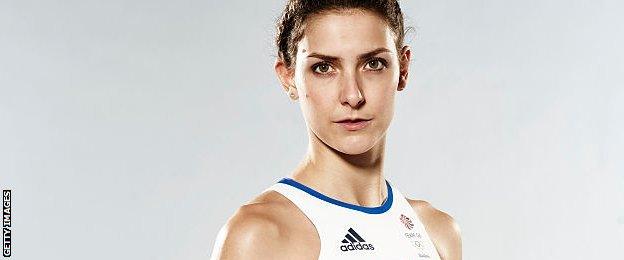
Pooley was one of the athletes tasked with modelling the Team GB kit for Rio 2016
During pivotal discussions with my coach and the team doctor I concluded that the risks involved with pushing my body to compete again this year were unacceptable. More to the point, I felt strongly that I needed to respect my body's limitations and recognise the heroic efforts made by the whole team to give me the chance of competing in Rio.
I'm absolutely gutted that I won't be becoming an Olympian this time around.
I've heard many accounts of how amazing the Team GB kit is - and the bittersweet news that my photo is on the wall in the kitting-out centre in Birmingham. This goes to show how close I was to making it but also proves that anything can happen to anyone, so nothing is a given.
Competing at the Games is one of the highest honours in sport and it is a real blow to have to wait four years until my next opportunity. However, I'm in good company - some of the best athletes in the world have missed out on the Olympics but gone on to dominate in subsequent years (Jessica Ennis-Hill, for example).
I am confident that I'm making the only sensible choice in not pursuing Rio selection any further and it helps me to know that I've been totally honest about the situation throughout. I have an amazing team around me, with whom it's a total pleasure to work. There are many people who I would like to thank for their unrelenting support and confidence.
'I'm going to enjoy all the summer fun I can'
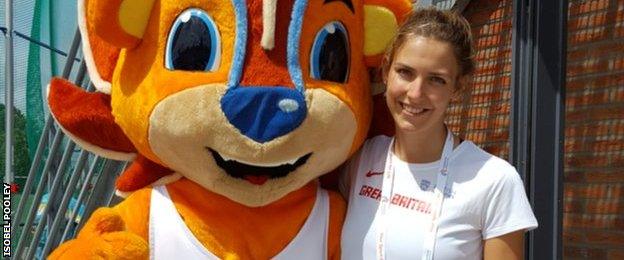
'I'm planning to travel out to Rio in August to watch the athletics - I'm a very loud supporter!'
I will be undergoing a nuclear bone scan on Tuesday and meeting the specialist on Wednesday to plan my recovery process. It's likely that I will have surgery to stabilise the bone using a metal pin. Anyhow, I am expecting to have a two-month period wearing a supportive boot before I can do plyometric exercise again.
While the timing is appalling for my 2016 Olympic prospects, it's great for next year as I anticipate being ready to throw myself into winter training on - or before - the usual timeframe of 1 October. In fact, I feel as though I have been given some of my summer back - during the months of May-September we athletes are usually totally immersed in competing and preparing for the big event of the year, missing out on other aspects of summer culture.
As much as I would love to still be working towards the 2016 Games, this option is no longer available to me and I am intending to make the most of my freedom. I would hope that I won't be in this position again in my career so I'm going to enjoy all the summer fun that my ankle allows, while I have the chance!
'I will hopefully have another Olympic chance'
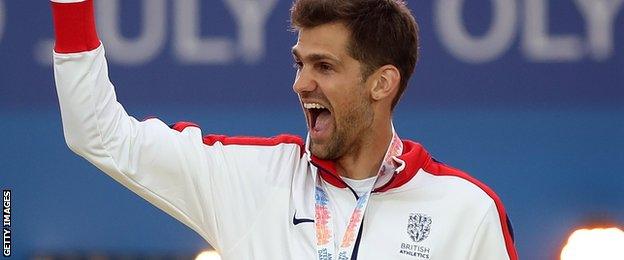
Robbie Grabarz, Pooley's training partner, won silver at the European Championships having taken bronze at London 2012
I have specified the 2016 Olympics throughout this column as it's important to remind myself that I will hopefully have another Olympic chance in 2020 and possibly even 2024. I'm only 23 now and am aware that high jumpers are known to peak in their late 20s and can continue competing at the highest level even into their 30s.
I'm planning to travel out to Rio in August to watch the athletics with my parents and younger sister. They'd already bought travel, tickets and accommodation and I've known throughout this process that I would be welcome to join them if my season didn't go as planned.
I admit that it might be difficult to watch the women's high jump at Rio but, as usual, I would rather face up to the challenge than shy away from it. I've realised that I love sport as a whole and appreciate it whether I'm involved as a competitor or a spectator. I'm a very loud supporter!
I will have the incredible opportunity to watch my training partner Robbie contest for his second Olympic medal and for me the trip will be worthwhile just for that unique privilege. I know how much I was inspired by the 2012 Games and I am grateful to have the chance to draw on Rio in the same way.
'I have learned to value every small pleasure'
If you're wondering how I remain so positive in the face of losing my 2016 Olympic dream, I don't mind sharing that I had an older sister who died when I was 12.
While tragic, this wasn't as unexpected as you might assume since she was born profoundly handicapped and was not initially expected to survive the first night after her birth. The fact that she lived at all, let alone for 14 full years, was a miracle to treasure - not to mention the smiles, laughter and love that flowed between us.
Through this loss I have learned to value every moment and every small pleasure since you never know what the next moment may hold. I feel truly privileged to have the talent, attributes and support to pursue Olympic-level performance and will do everything in my power to nurture these gifts long into the future.
More from Isobel Pooley |
|---|
- Published23 June 2016
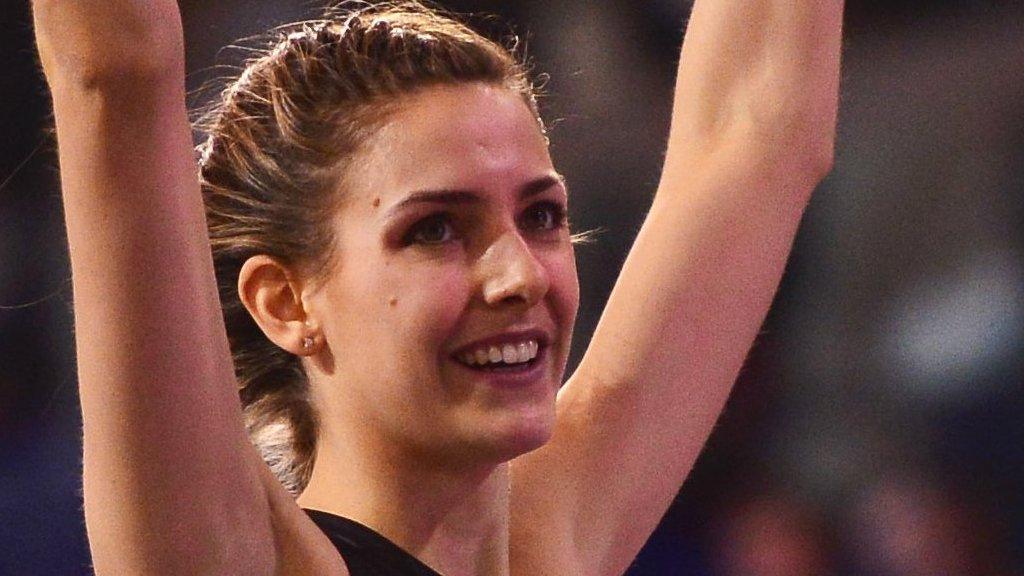
- Published19 May 2016
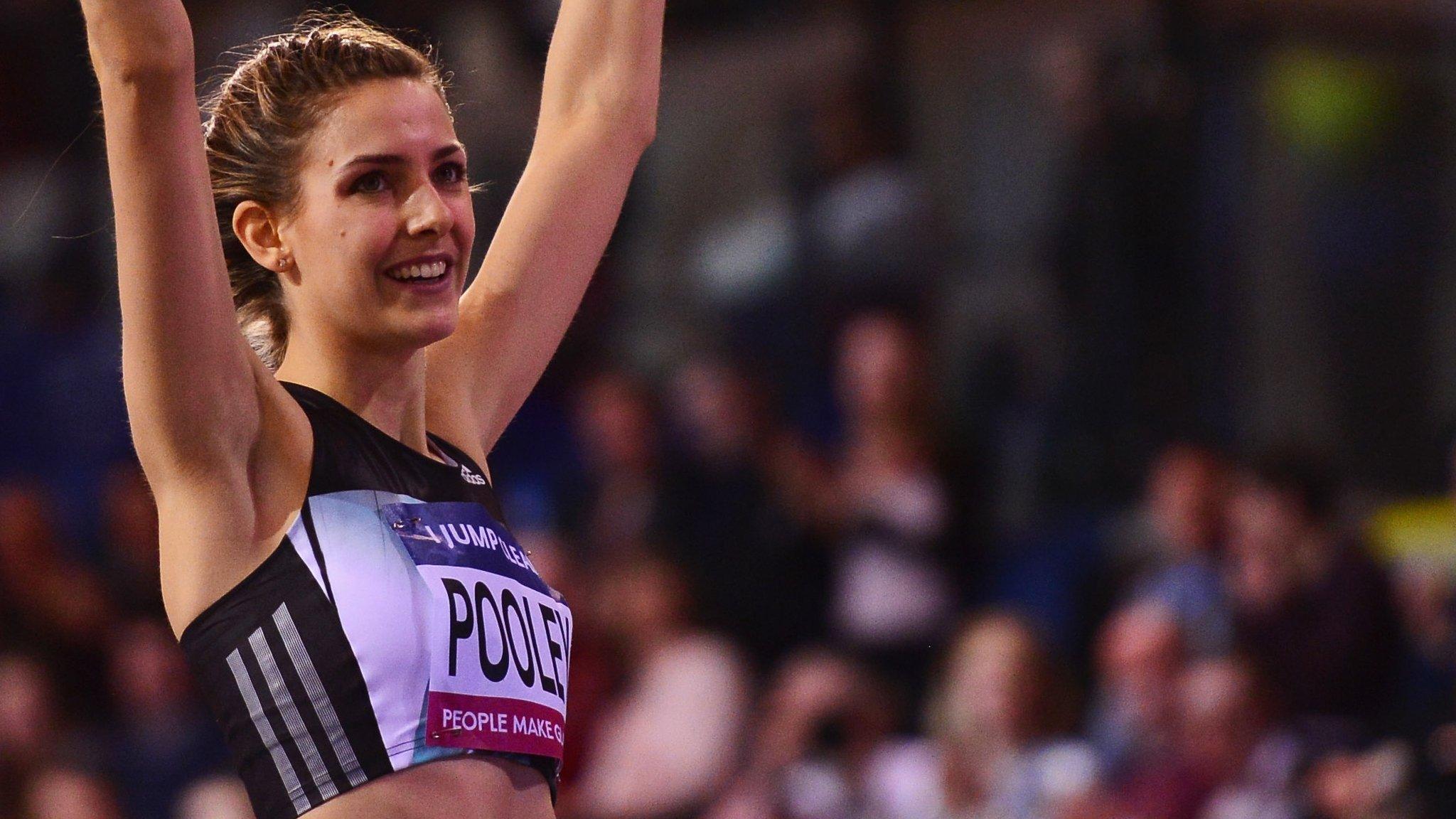
- Published7 April 2016
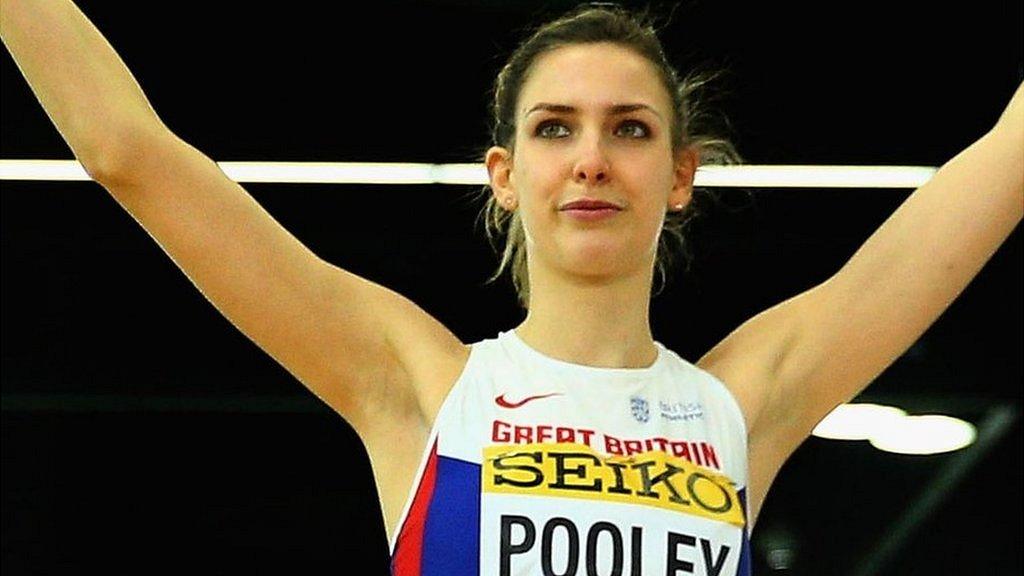
- Published26 February 2016
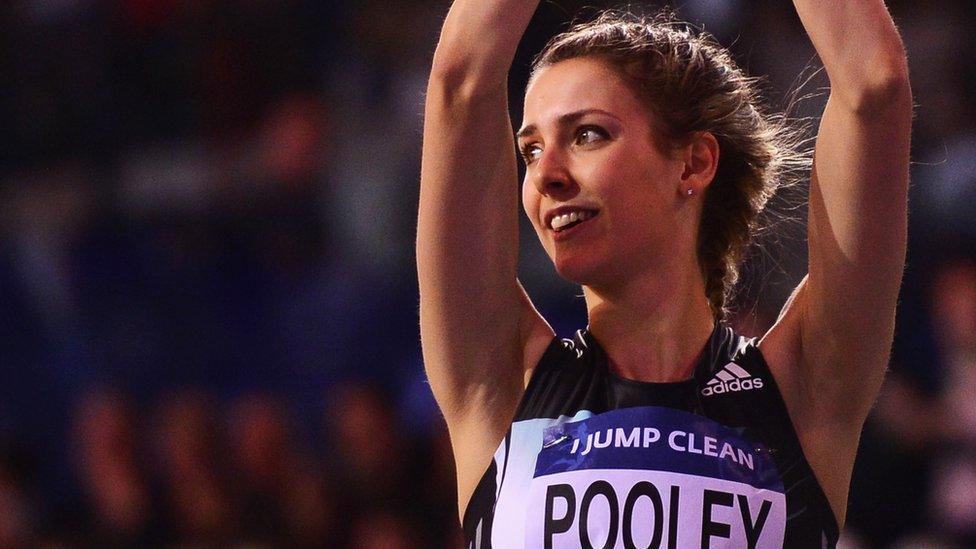
- Published18 January 2016
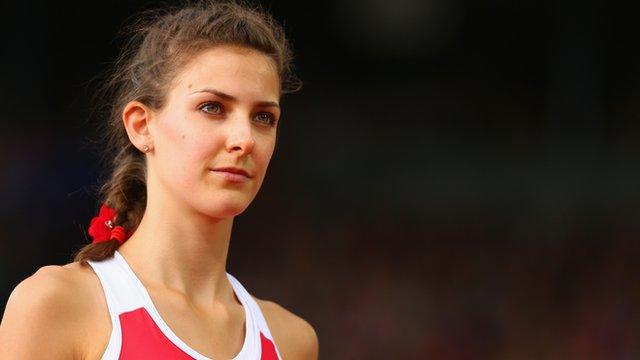
- Published15 December 2015
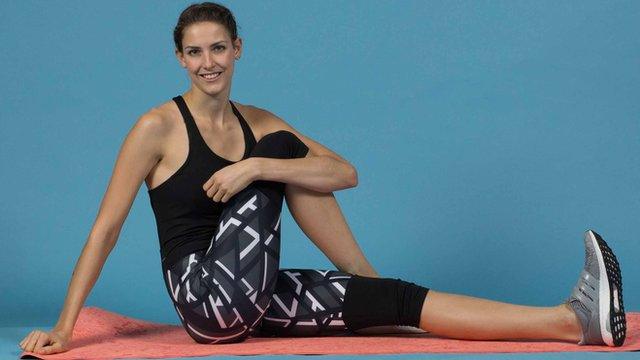
- Published17 November 2015
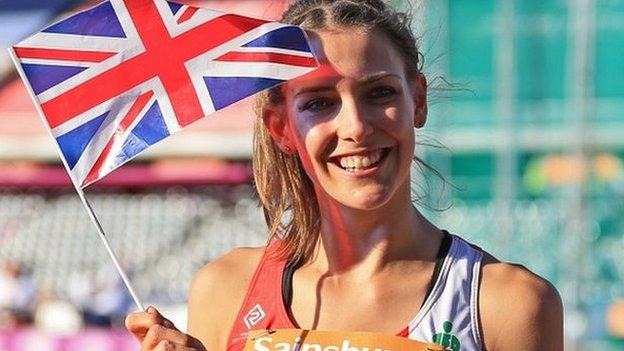
- Published8 February 2019
